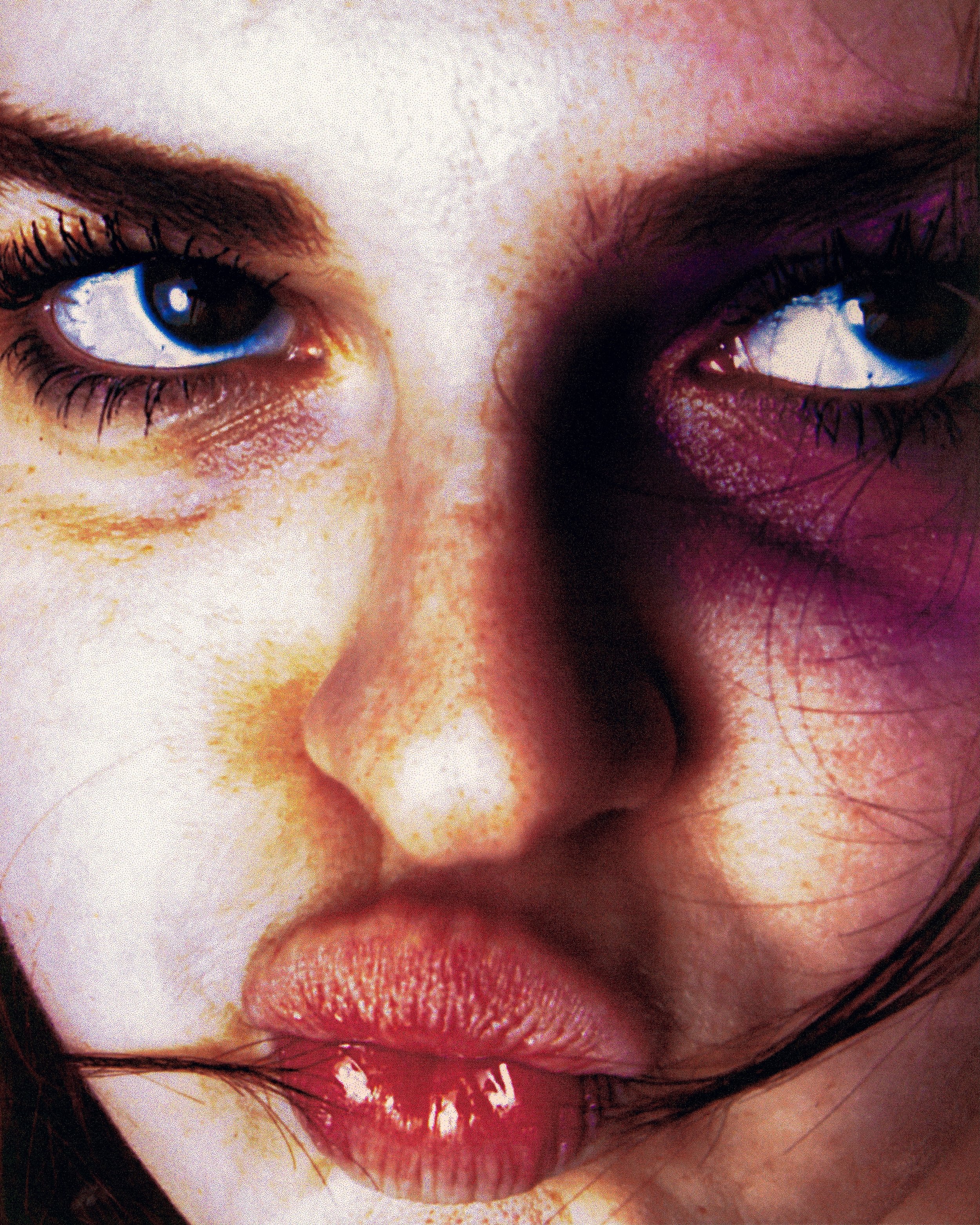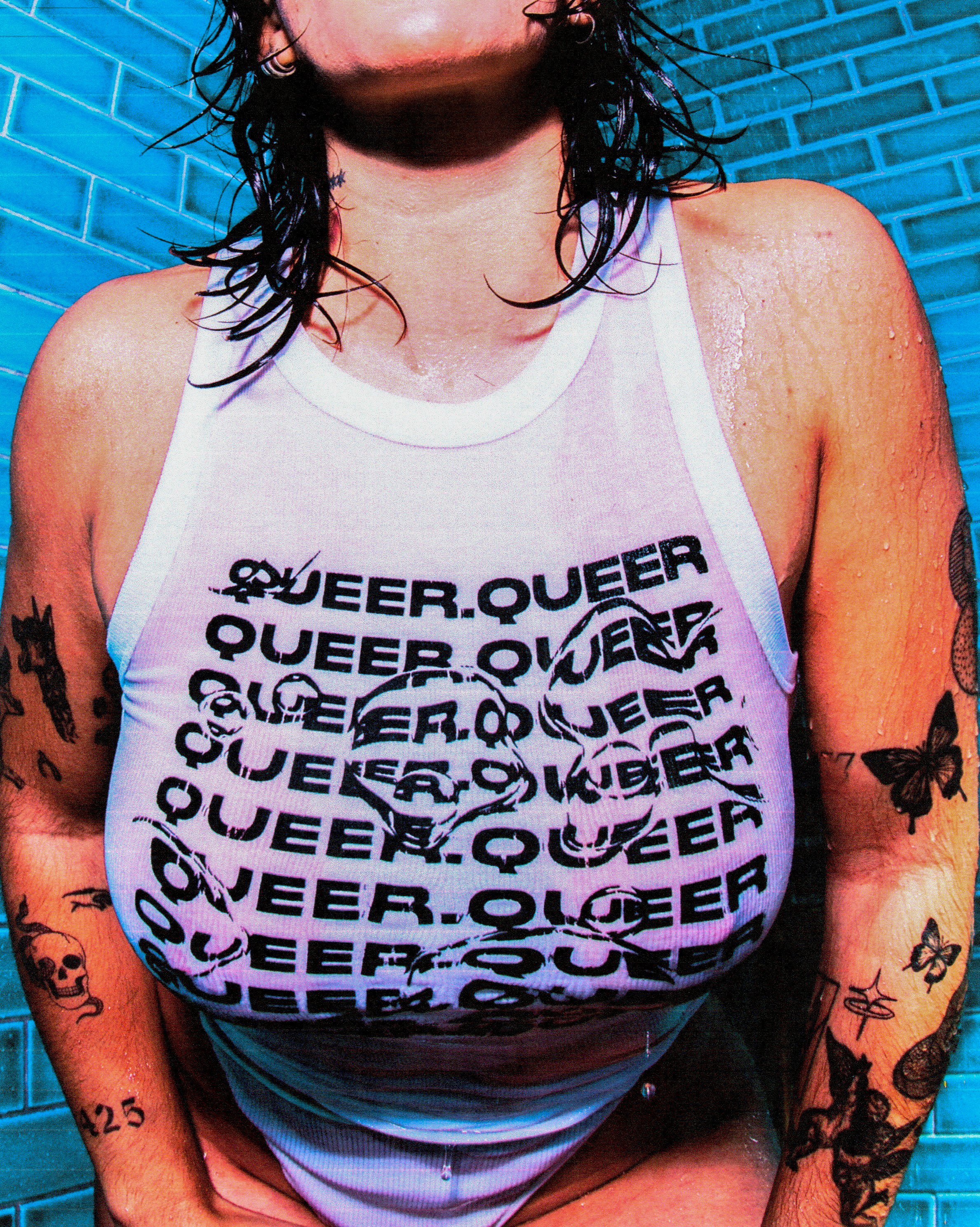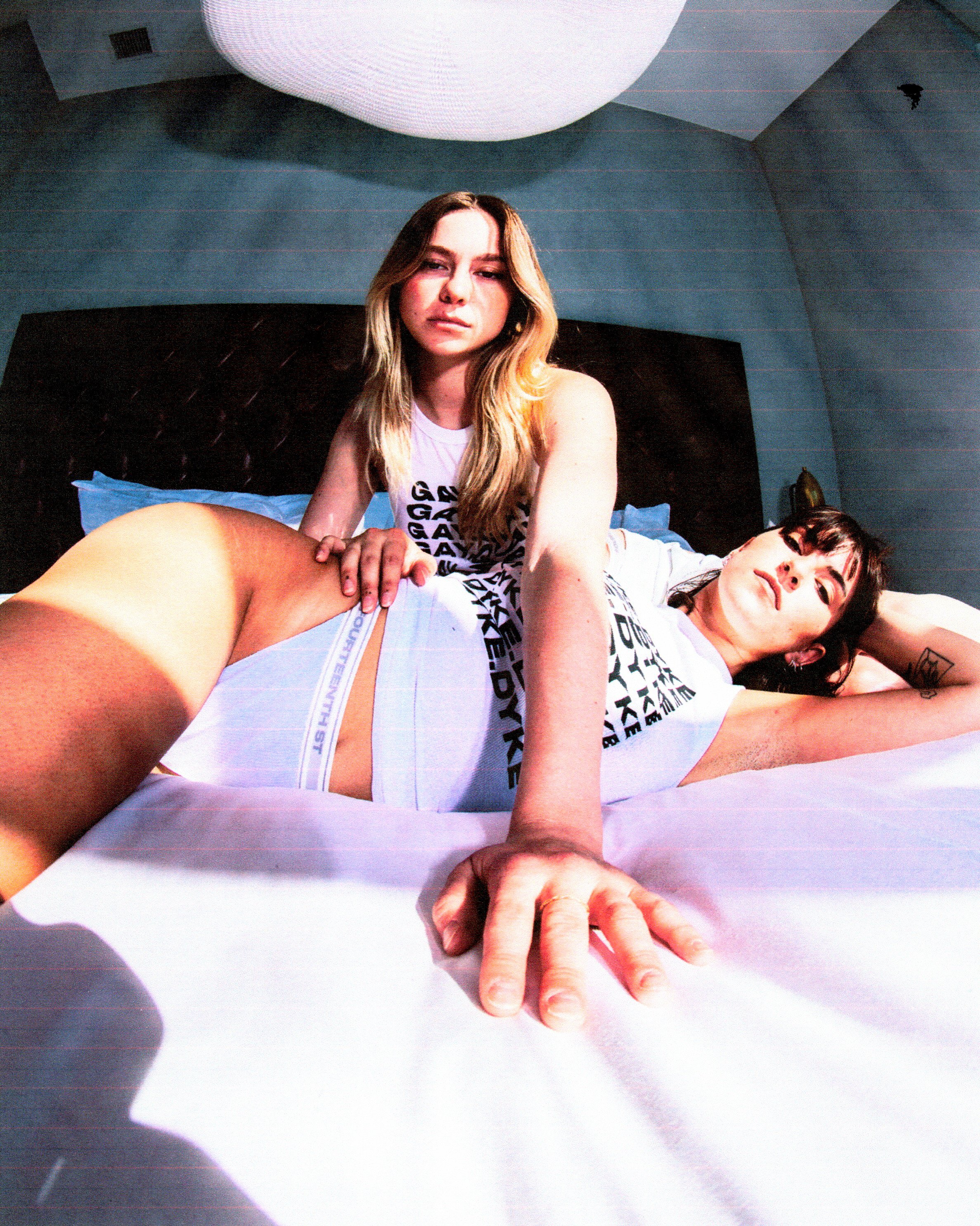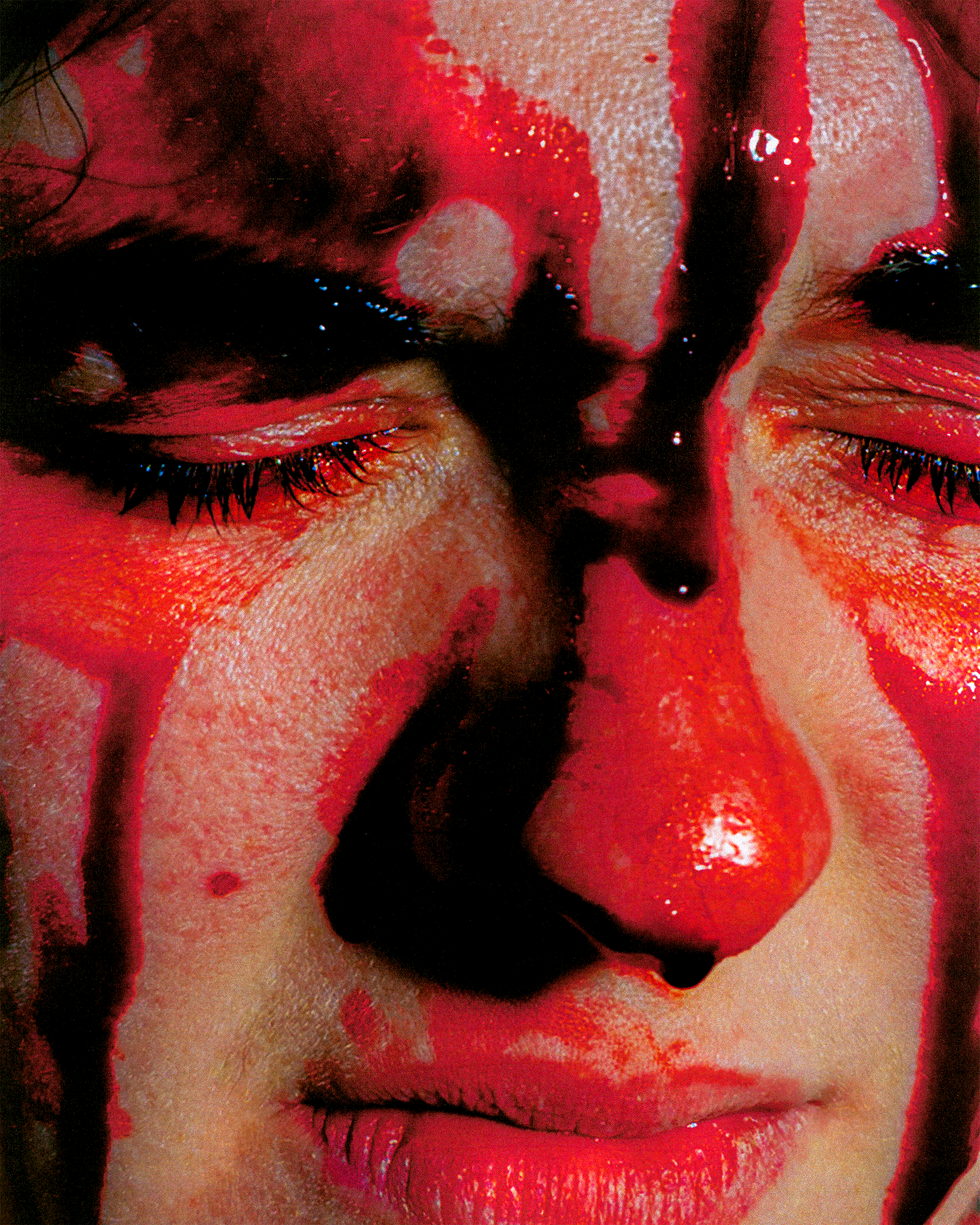Give Me That Camera!
October 7, 2022
Anna Koblish
Anna Koblish is a Brooklyn-based photographer distinguishable for her fish-eye lens fashion editorials that twist, contort, and distort the body. A lifetime of looking at images means she now wants to find new ways of representing the human body in relation to space, light, and color.
Your work is recognizable for wide angle lenses and a detailed post-production process of scanning and color editing. How did you discover that this style suited you?
One thing I know about my approach is that I want to stand out. Color is one of the best ways for me to do that, and so I’ll spend several hours editing just one photo, exploring different color combinations and possibilities for how the image can look. Even when I settle on an appearance that I’m happy with, I’ll change things up and do the exact opposite, just so I know that I’ve explored every option for how that photo can be edited. Moreso than photography, editing is what I’m best at. The more absurd and eye-catching and bright and colorful an image, the more I want to look at it, and I want to make images that I want to look at.
I also love the distortion and stretch effects created by wide angle lenses. They’re so fun. Who wants to look like themselves, you know what I mean? Everyone wants to look like hyper-dramatized versions of themselves, exaggerated and glamorous.
It’s interesting that you combine digital photography with analog post-processes like scanning. Your photography feels rooted in a style from late-twentieth century magazines, as if they take place in a pre-digital era, but that you had early access to digital technology. How important is researching photography from that era for you?
While I didn’t study photography in school and I hadn’t considered it as a career possibility until about two years ago, it was the first creative pursuit I picked up as a child. I was a Tumblr kid in middle school and my parents sent me to fashion photography camp and National Geographic camp. I’ve been producing images, really, my entire life, because I’ve always had access to the Internet. I’ve always participated in that history of image-making. Consuming, reposting, reblogging, collecting, printing, and pasting all over my walls. Taking photos on my parents’ phones, recording with their VHS camera. I was always like, “Give me that camera!” That was always me as a kid.
I would spend so much time researching other photographers at the library or online that I would practice recreating their images. Photography has always been a very experimental practice for me, like studying an image and teaching myself how to reframe and relight it by myself. I’d get so super-specific with copying various styles that I found my own.
I think if anyone tries this, you will find your own thing. You can give someone else your exact camera settings and exact processes, but they’ll never be able to recreate it exactly the same, and there’s beauty in that. Instead, they’ll find their own preferences and develop their own eye for what they want, and that’s what happened to me.


This is actually how you grew a following online — you recorded TikToks that taught younger artists how to shoot and edit photos.
Yeah, I literally showed these kids what camera I was using, what scanner I was using, my ISO, color temperatures, everything. I wanted to tell them everything they needed to know to do what I do. I don’t believe in gatekeeping or looking down on younger generations just because they aren’t experts in their field. I’d rather share information so they can find their craft. And people are grateful when you do that instead of sticking up your nose at them.
Do you shoot analog film ever?
I’ve always been a digital photographer. Something about film feels alien to me, not being able to see the image right away. I cherish that moment of snapping the shutter and viewing immediate results of my framing, my exposure, etc., so that in a split second I can adjust my approach to find what I’m really looking for. That experience for me is my own form of experimental photography — finding what I want to see through trial and error. Rinse and repeat. For me, the fun lies in that analog post-process of scanning an image to remove or extract details, combined with the digital process of changing contrast and color hues.
That’s not to say I’m not open to the experimentation that comes with film. I just bought my first point-and-shoot and am excited to find a completely new process for myself and learn how to edit them digitally. It’s important to me that I at least try.
Are you interested in media theory?
Not entirely, because for me, that isn’t why I pursue photography. I appreciate my own theories about image-making, like what happens inside my own brain when I’m taking or editing a photo. For me, research is going to the library and finding an old 1980s magazine to flip through or finding inspiration from movies and music. Research can also be intuition and learned experiences that you apply to your work. No one before us had the tools we have today, and so we should run out and use them. That’s what I’m getting at in my work — hit the ground and never stop running.
PHOTOGRAPHY ANNA KOBLISH
DESIGNER, STYLING FOURTEENTH ST
MODELING DEVON BARAN, SARAH DAVIS








